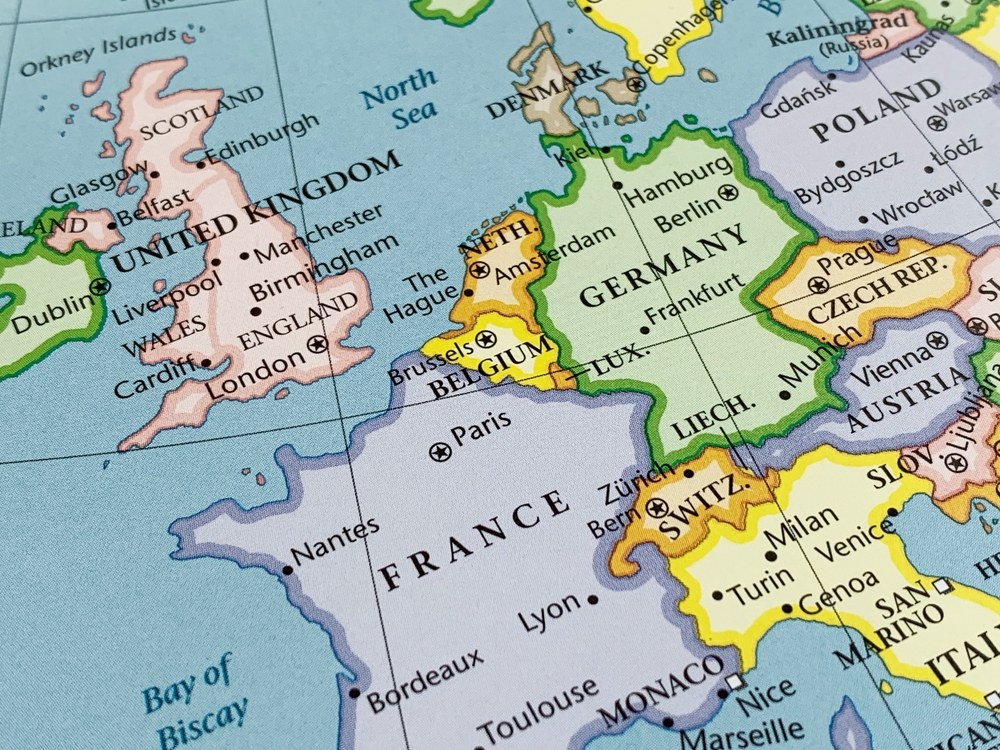When choosing where to study abroad, students often focus on academic quality and career opportunities. However, one of the most enriching aspects of studying in a foreign country is the cultural experience. Germany and the UK both offer world-class education, but their distinct cultures provide unique experiences for international students. In this blog, we’ll dive into the local traditions, social life, language barriers, and opportunities for cultural immersion in both countries, helping you understand what life as a student in each place might look like.
Local Traditions and Festivities
Germany: A Nation of Festivals and Tradition Germany is known for its rich cultural heritage, and traditional events are deeply embedded in daily life. One of the most famous is Oktoberfest, a lively celebration in Munich that attracts visitors from all over the world. German cities also celebrate local festivals like Karneval (or Fasching), a vibrant pre-Lenten celebration that varies by region, especially in Cologne and Mainz. Christmas markets are a winter highlight across the country, with beautifully decorated stalls offering seasonal treats and gifts.
In addition to these festivities, Germans place great importance on preserving cultural customs, especially in rural areas where traditional Volksmusik (folk music) and Trachten (traditional attire) are still prominent. For students, these events offer a great chance to experience German culture firsthand and connect with locals.
The UK: A Blend of Tradition and Modernity The UK has a mix of historical traditions and modern multiculturalism. Royal events such as Trooping the Colour or public celebrations for royal weddings offer a glimpse into the monarchy’s role in British culture. Bonfire Night (Guy Fawkes Night), celebrated with fireworks and bonfires, and the uniquely British holiday of Boxing Day are key cultural events.
The UK is also home to many music festivals such as Glastonbury, highlighting its global influence on contemporary music. For students, pub culture is an integral part of British social life. Visiting local pubs is not only about drinking but also about socializing, meeting people, and watching sports events like football or rugby.
Social Life: Friendships and Networks
Germany: Reserved but Warm Friendships German social life is often described as more reserved compared to other countries. Initial interactions with Germans may seem formal, but once you break the ice, friendships tend to be deep and long-lasting. Germans value punctuality, structure, and reliability in both personal and professional settings, so it’s important to show respect for these qualities.
Social gatherings often revolve around activities like hiking, biking, and enjoying a beer garden in the summer months. In major cities, there are plenty of international student networks and clubs that host events, making it easier for students to integrate.
The UK: A Friendly and Diverse Social Scene In contrast, social life in the UK is often perceived as more casual and open. British people are known for their politeness and sense of humor, and small talk is common in daily interactions. Making friends in the UK can feel easier due to the multicultural environment of its universities, where students from all over the world come together.
Social life for students is often centered around student unions, which organize events, clubs, and societies ranging from sports to hobbies. University campuses have a lively atmosphere, with many students living in shared accommodations or dorms, providing opportunities to build friendships.
Language Barriers
Germany: Bridging the Language Gap While many German universities offer programs taught in English, navigating daily life in Germany may still require basic German language skills. Locals appreciate when foreigners attempt to speak German, even if it’s just ordering food or asking for directions. For students, learning German can enhance the cultural experience and make it easier to integrate into local life.
That said, many Germans, especially in urban areas, speak English fluently. However, embracing the challenge of learning German can lead to a richer cultural immersion.
The UK: English as a Common Ground For students whose first language is not English, studying in the UK provides an excellent opportunity to improve language skills in an English-speaking country. English is the primary language used in academic and social settings, so language barriers are less of an issue here.
However, students may encounter a range of accents—from the Scottish brogue to the Cockney slang of Londoners—which can take some getting used to. Overall, the UK offers a more familiar linguistic environment for those already comfortable with English.
Opportunities for Cultural Immersion
Germany: A Deep Dive into European Culture Germany’s central location in Europe makes it easy to travel to neighboring countries, offering students the chance to explore other cultures within a short distance. Germany itself has a rich history, with numerous museums, castles, and historical landmarks that showcase its past.
Student life in Germany often involves engaging with local culture through international student organizations, language exchange programs, and cultural trips. There are also plenty of opportunities to immerse yourself in Germany’s strong sense of environmentalism, with green initiatives and outdoor activities being popular.
The UK: A Gateway to Global Perspectives The UK is known for its diverse cultural landscape, with a population that includes people from all over the world. This multiculturalism is reflected in the food, art, and festivals that can be found in cities like London, Manchester, and Edinburgh. As a student, you’ll have access to world-class museums, galleries, and theatres, such as the British Museum and the West End.
Many universities also host international student weeks, where students can share their own cultures, further enhancing the cultural exchange experience.
Conclusion
Both Germany and the UK offer unique and enriching cultural experiences for international students. Germany’s rich traditions, reserved social life, and focus on environmental sustainability provide a more structured but equally rewarding environment. On the other hand, the UK’s blend of tradition and modern multiculturalism, combined with its globally spoken language, creates an open and diverse cultural atmosphere.
Choosing between the two comes down to personal preference—whether you prefer the reserved charm of Germany or the lively, cosmopolitan environment of the UK, both countries promise to offer a transformative experience during your studies abroad.









